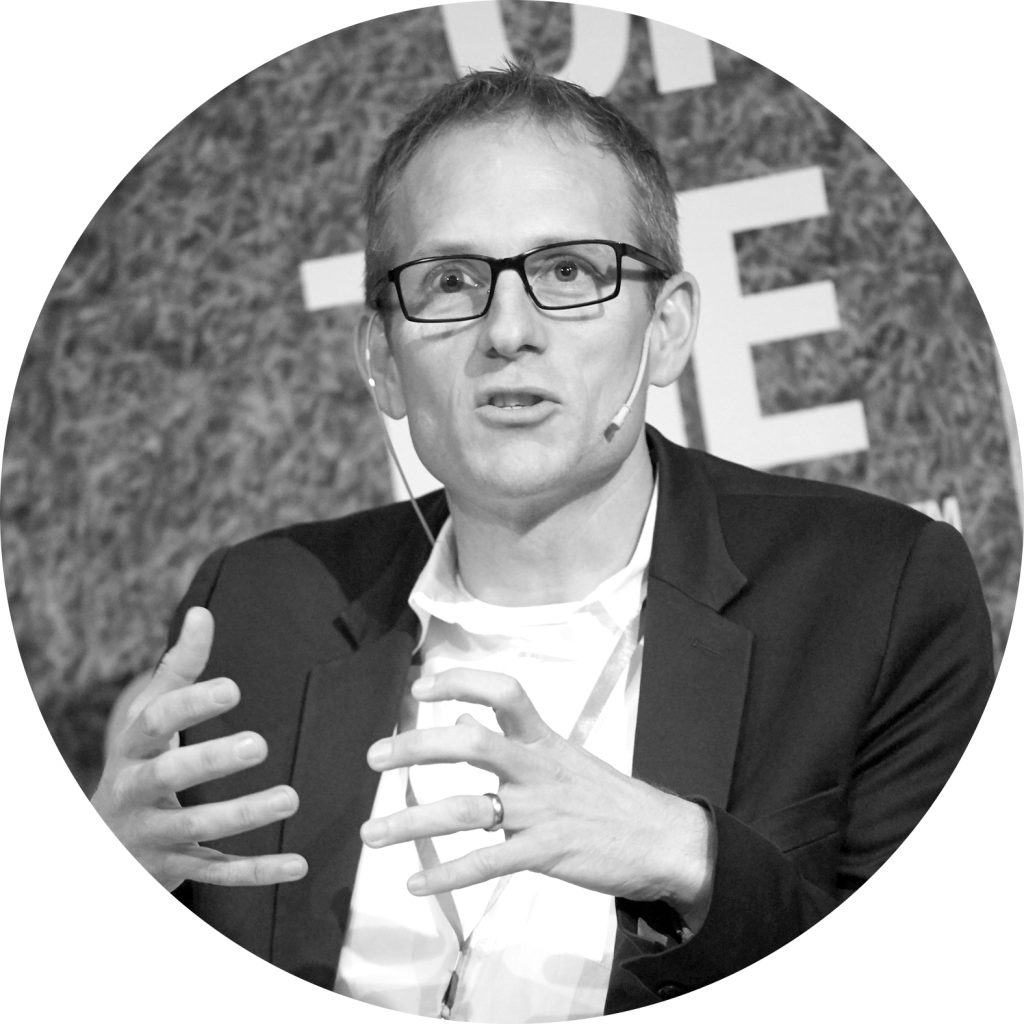
Dr. J. Simon Rofe
Co-founder of the field of Sports Diplomacy, Senior Research Fellow and Assistant Programme Director for the MA Leadership in Sports at the Institute for Sport Humanities. Through his scholarship he is working with key stakeholders: most notably practitioners. Simon is the author and editor of a numerous books and articles including: Sport and Diplomacy: Games within Games. He is currently teaching Sports Diplomacy as Associate Professor in International Politics at the University of Leeds.
Email: j.s.rofe@leeds.ac.uk
Twitter: @drjsimonrofe
The 2024 Paris Olympic and Paralympic Games provided a spotlight on the French capital epitomised by the daily, nee almost daily due to weather, raising of the Olympic Cauldron attached to a balloon in the Tuileries Garden. That weather intervened to shape the Organising Committee’s intent serves to demonstrate how uncertainty can shape outcomes. Dealing with such uncertainty is a staple of diplomatic practice; and the Sport Mega Event (SME) provides a focal point for the practice of sports diplomacy. “Sport diplomacy is the explanatory overlay to the network of evolving networks within the worlds of sport and diplomacy” (Rofe, 2018). To paraphrase founding sports diplomacy scholar, Stuart Murray, it is ‘a new term for an old practice’ and put colloquially it provides spaces for dialogues that wouldn’t have happened otherwise. The spaces, or ‘sites’ as diplomat-turned-scholar Iver Nueman identified, have a particular resonance at the Games. Paris ‘24 was no different.
The sports diplomacy of Paris ‘24 was prevalent across a number of areas: To identify them is to recognise the domestic and global context in which the 2024 Games took place. The longer-term context stretches back to the turn of the millennia. In the aftermath of the home team’s success in France ‘98 Men’s FIFA World Cup and hosting the Athletics World Championships (2003) Paris geared up to bid for and host the 2012 summer Games. That did not come to pass, as it would be London’s honour to host the XXX Olympiad: instead, Paris waited, observed and learnt from the London, Rio and the Covid-impacted Tokyo Games, while France hosted the FIFA Women’s World Cup (2019) and the Men’s UEFA European Championships (2016).
The more immediate domestic context to Paris 2024 was provided by President Macron’s snap election which yielded an uncertain political environment for the Games after years of political jousting with Marie Le Pen’s National Front. The French populous were largely indifferent, perhaps even sceptical: tales of gridlock and hiked prices leading to an exodus were a consistent narrative in the months leading up to the Olympics Opening Ceremony on July 26th. While familiar to the pattern from other Games, the sport diplomacy resonance here is to highlight the importance of different audiences for, and stakeholders in, the Games. A bilateral distinction of domestic and global is but one classification; rudimentary in lacking the nuance to the variety and overlap of cooperating and competing identities. Instead, a snapshot of the practice and concept of sports diplomacy mapped against a couple of episodes from Paris ‘24 provide for a more fulsome analysis.
These four practices:
- Sports governance, law and ethics
- Sustainability and accessibility
- “Diplomats in tracksuits”: Sports diplomats
- Sport has the great convening powers – at all levels;
and four concepts:
- The power to change the world.
- Sport is dynamic, dramatic and emotional – and négociation continuelle
- Soft power potential for ‘networks of networks’
- “Fundamentally, I believe sport is the best diplomat we have” (Lord Sebastian Coe, 2019)
While both practices and concepts were evident across the Paris Olympic and Paralympic Games a longer paper would be needed to do justice to each dimension and the blended relationship between them, so to focus on one of the four practices that was clear in Paris; that of ‘Diplomats in Tracksuits’. In one respect there was French President, Emmanuel Macron who played the role of Sports Diplomat in Chief. Reprising his role at the Russia 2018 Men’s World Cup Final where he joined the victorious French team on a rain-soaked pitch, Macron was visible at many of the events from the Stade de France to La Défense Arena – the latter alongside French poster boy Leon Marchand as he won four gold medals in the Olympic Pool. Some might consider this a savvy political move to reinforce his position against a challenging backdrop; however more intriguingly for the practice of sports diplomacy were the activities his government’s Ambassador for Sport, Samuel Ducroquet. To have the post of Ambassador for Sport in the first instance is noteworthy. Ducroquet’s role was far less evident than Macron; and his schedule not always in the public domain. Nonetheless, he did play host for an International Forum on Sports Diplomacy with half a dozen nations, conducted numerous bilaterals and sought to build out the legacy that the Paris Organising Committee had conceived of. The measure of success of his endeavours, supported by the associated civil servants, is still to be fully realised but the practices bode well.
A further point to ‘Diplomats in tracksuits’ were not restricted to presidents or governmental officials: two leading figures evident at the Olympics Games were West Coast Rapper Snoop Dogg and Hollywood Actor, Tom Cruise. The former a consistent presence as U.S. athletes competed across a variety of sports as a function of a contract with U.S. Olympic broadcaster NBC, itself engaged in the biggest national broadcast deal with the IOC of over $10 billion; and the latter a global celebrity of 30+ years standing. Both acted as links to the next Olympic Cycle, leading into Los Angeles 2028 as was evident in the closing ceremony of Paris ‘24, and speak to the dimension of négociation continuelle therefore.

